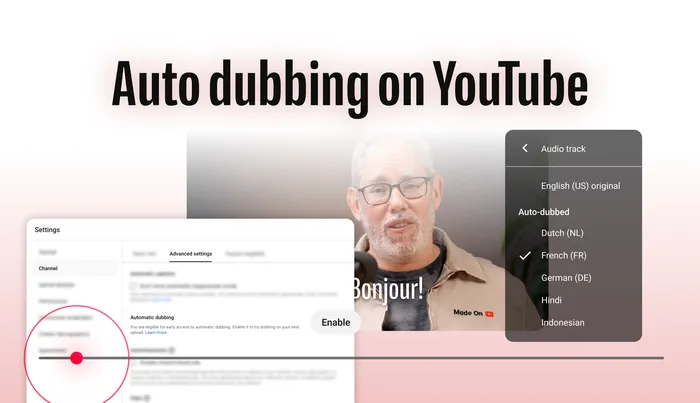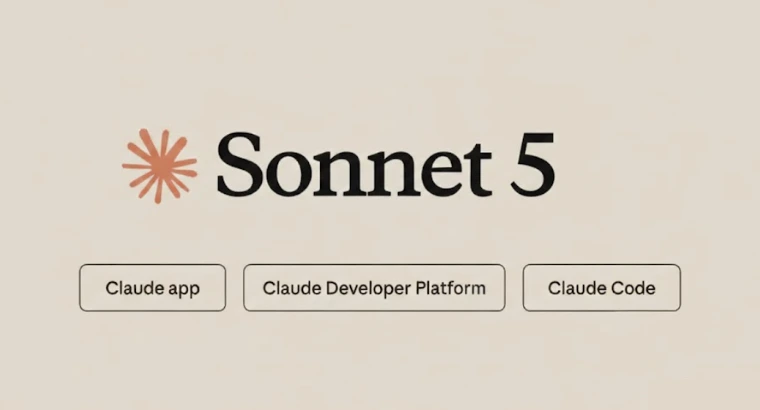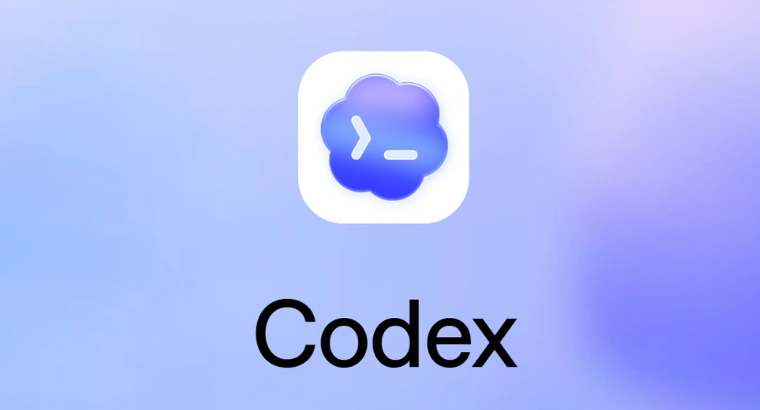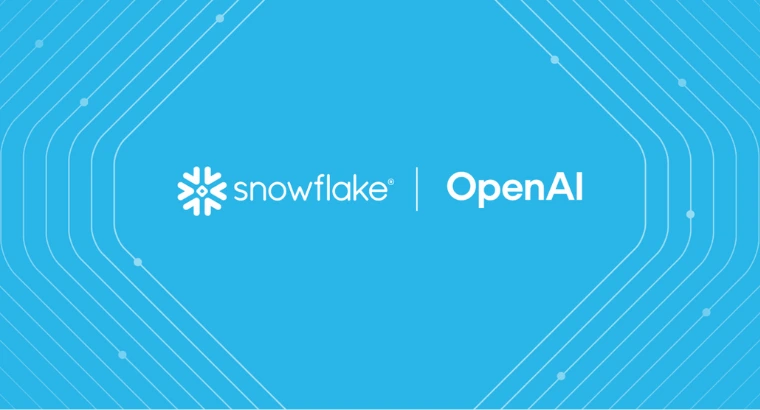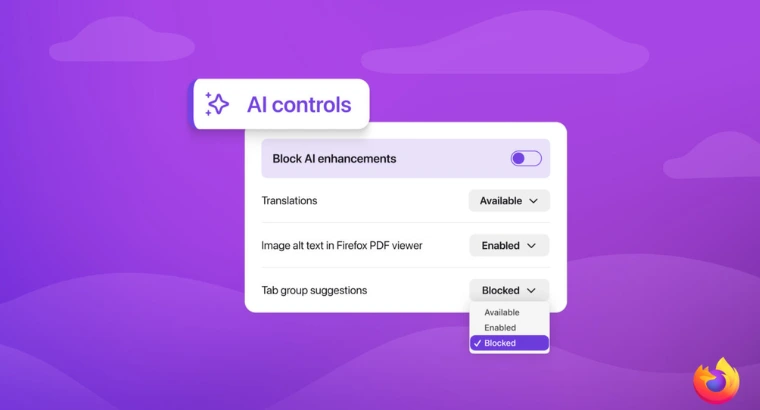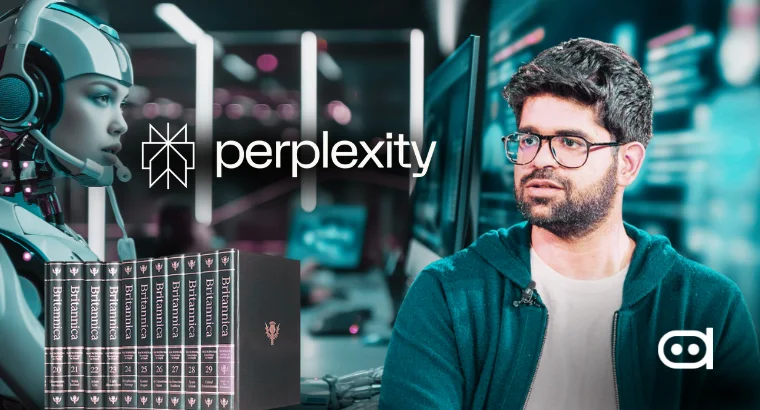
Key Highlights:
- Encyclopedia Britannica and Merriam-Webster have filed a lawsuit against Perplexity AI in the New York federal court.
- The companies maintain that Perplexity’s “answer engine” unlawfully copies and summarizes their content, thereby diverting traffic and revenue.
- Britannica also accuses Perplexity of trademark violations by misattributing AI-generated material to its brands.
- The suit requests monetary damages, as well as an injunction from the court restraining Perplexity from using Britannica content without its consent.
Encyclopedia Britannica, the centuries-old publisher renowned for its trusted reference works, filed a copyright and trademark infringement against fast-rising AI company Perplexity AI, essentially an “answer engine.” The suit, filed in the U.S. District Court for the Southern District of New York, alleges that Perplexity unlawfully copied and used Britannica and Merriam-Webster content to produce short AI summaries for its searches.
Allegations Against Perplexity
The complaint states that Perplexity made “widespread, knowing, and illegal use” of the intellectual properties of Britannica. The suit charges Perplexity with having scrambled and literally copied content without permission from the websites of Britannica and Merriam-Webster. Further, Britannica charges that Perplexity has been attributing fabricated or AI-hallucinated statements to its brands, thereby endangering their reputation for accuracy and trustworthiness.
The plaintiffs complain that Perplexity’s model “free rides” on Britannica by summarizing articles, diverts traffic from Britannica’s official websites and consequently undermines their revenue streams that include advertising and subscriptions. Britannica has requested damages along with an injunction restraining Perplexity from unauthorized use of its content.
As per the legal document of Britannica’s lawsuit against Perplexity which Reuters shared in their report, “Perplexity’s conduct violates Plaintiffs’ exclusive rights under the Copyright Act in at least three ways:
- First, Perplexity infringes Plaintiffs’ copyrights at the curation stage when it uses a software program called “PerplexityBot” to crawl and scrape Plaintiffs’ websites for Perplexity’s “answer engine.”
- Second, Perplexity infringes Plaintiffs’ copyrights at the input stage when it copies Plaintiffs’ copyrighted articles that are responsive to user searches to prompt responses from its RAG model.
- Third, Perplexity infringes Plaintiffs’ copyrights at the output stage when its RAG model generates outputs that are substantially similar to those inputs. These responses often contain full or partial verbatim reproductions of Plaintiffs’ copyrighted articles.
At other times, Perplexity’s answers are reworded into text that resembles, paraphrases, or summarizes Plaintiffs’ copyrighted works.”
Britannica’s Defence of Editorial Standards
“Perplexity claims to be the ‘world’s first answer engine,’ but the answers they provide to consumers are often Britannica’s answers,” said CEO of Britannica Group Jorge Cauz. “As demonstrated by today’s action, we will take all steps necessary to protect our data and intellectual capital so we can continue to offer innovative digital instructional and informational solutions that enhance student learning outcomes, assist educators in their teaching journeys, and inform and delight learners of all ages.”
Cauz underscored Britannica’s being a credible educational resource for students, teachers, and lifelong learners; it cannot allow its content to be repurposed without its permission. He further added –
We have invested significantly to uphold a high editorial standard with rigorous fact-checking processes so that our users, who generate more than 200 million sessions per month, can trust the information and knowledge we provide them. Britannica is – and will remain – the world’s most trusted source of answers.
Community reactions seem to support Britannica, with one user claiming, “They’re not just suing because perplexity is a competitor. The allegation is that they are reselling Britannica’s content without permission, sometimes with errors added. It doesn’t seem to be about the AI being trained on the content, either. It’s about the AI searching and summarizing that specific content, without sending any traffic or money their way.”
You may also like to read – US v. Google: Selling Chrome or Android ‘Not Required’, Court to Google
Broader Legal Context
This lawsuit is one among a growing set of legal challenges being faced by AI companies accused of training their models or using them to generate outputs from copyrighted material without consent. The NCID’s/News Corporation’s Dow Jones and the New York Post are filing a separate lawsuit against Perplexity over further alleged unauthorized use of protected content. Other publishers, authors, and media firms have also been on the lookout for auxiliaries for the protection of their intellectual property against generative AI.
Legal analysts are of the opinion that these cases’ results could really mold the course of AI development and establish criteria under which companies source and attribute data used for training and powering AI models.
@AdamRussellW3 @grok This lawsuit could set a major precedent for AI and copyright. Britannica vs. Perplexity is a case to watch.
— Mia Wilson (@ChrisNye938545) September 11, 2025
The Stakes for Perplexity
Perplexity, which markets itself as a viable alternative to Google’s search engine, has found its fame in summarizing content on the web using AI. The convergence of external sources, however, raised questions about copyrights at risk and misinformation.
If the court decides in favor of Britannica, Perplexity may have to pay damages and be prohibited from operating AI systems in certain ways. This would be a heavy blow to a start-up currently branding itself as one of the leaders in the next incarnation of AI-wielded search.
Intensified by this lawsuit is the tension between traditional publishers defending their intellectual property and AI firms that seek to change the way information is accessed. For Britannica, the lawsuit is about defending centuries of credibility and investment in accurate knowledge; for Perplexity, it could make or break whether its model of AI-driven information retrieval can survive in an increasingly contentious environment regarding content ownership and attribution.
